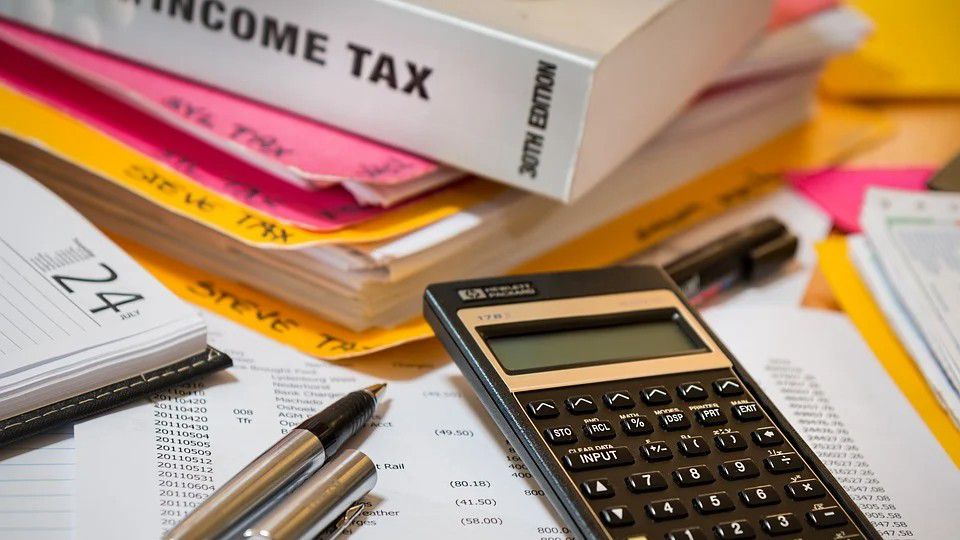A final state budget deal should include an expansion of New York's earned income tax credit to include people under age 25, those without children and people who file income taxes without a Social Security number, state lawmakers on Thursday said.
The expansion would raise the tax credit's phase-out limits as well from $8,790 to $24,960 for adults without children and single parents. For joint filers, ithe phase out would be increased from $14,680 to $29,960.
At the same time, the bill would raise the total value of the state's earned income tax credit from 30% to 40% of the federal credit.
The measure is meant to further lift lower-income people out of poverty. Currently, 1.2 million New Yorkers have claimed a state earned income tax credit.
“The earned income tax credit is one of our most proven social mobility tools in lifting individuals and families out of poverty," said state Assemblywoman Pat Fahy. "By expanding New York’s EITC eligibility, increasing credit amounts, and authorizing advance payments for filers, we’re ensuring that low-income New Yorkers aren’t left behind in our recovery from the COVID-19 pandemic. When we talk about jumpstarting an equitable and just economic recovery, improving New York’s EITC is one of the most effective ways to ensure that becomes a reality.”
The push for the tax credit expansion comes as state lawmakers this month are negotiating a $216 billion budget proposal from Gov. Kathy Hochul. The Democratic-controlled state Senate and Assembly are expected to release their own budget proposals in the coming days.
Part of the argument for expanding the tax credit on the state level from lawmakers in Albany has stemmed from the temporary expansion on the federal level only for the 2021 tax year.
“When we talk about ensuring that no New Yorker is left behind in our economic recovery from the pandemic — we need to act for those words to have meaning," said state Sen. Anna Kaplan. “Expanding New York’s Earned Income Tax Credit is one of the most effective ways to lift families and individuals out of poverty, while encouraging more and more New Yorkers to enter and participate in the workforce."


